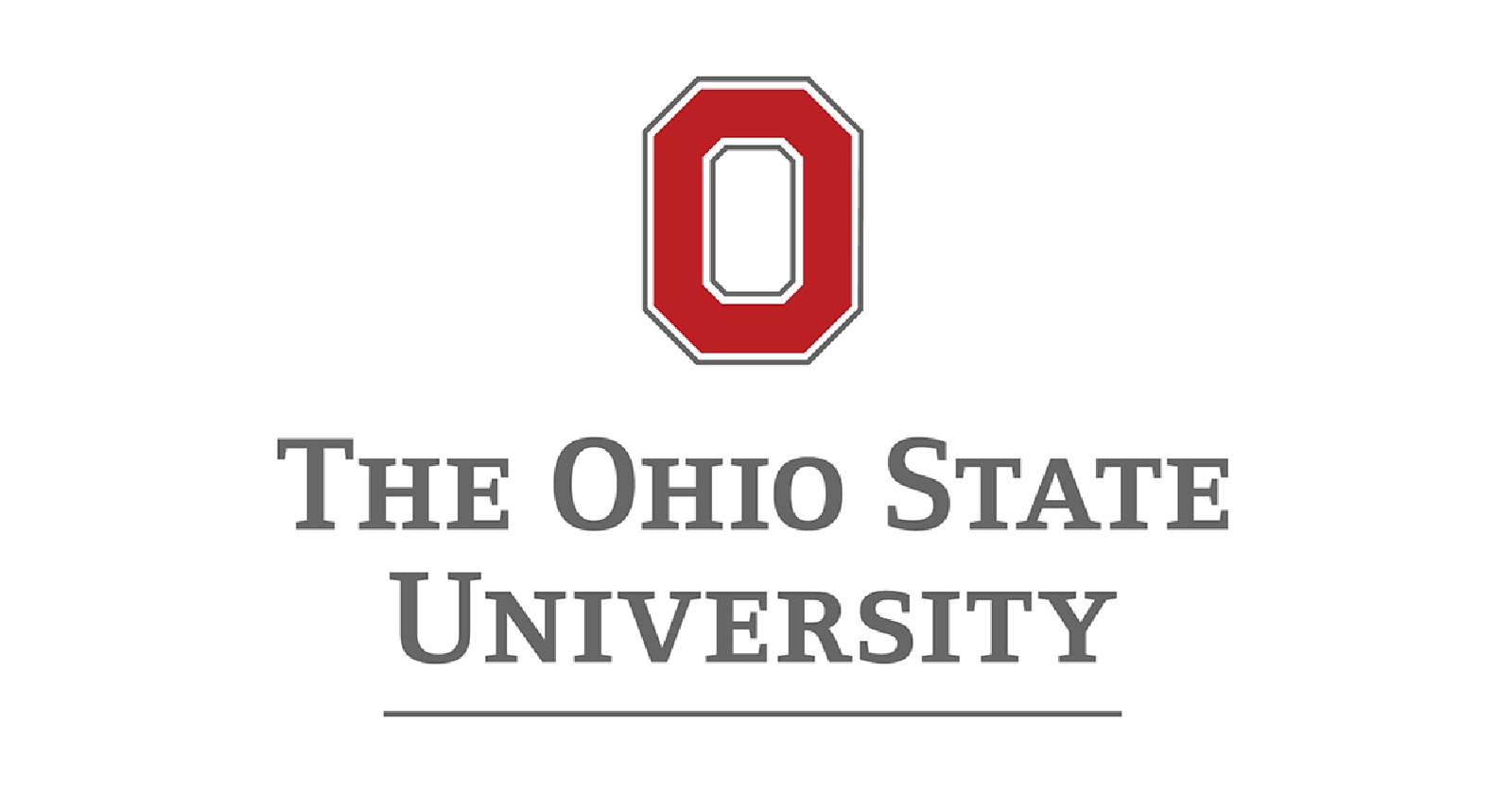Industry and Research Expertise
In this section, we are building an exchange portal in order to have collaboration and exchange of ideas between industry partners and academic researchers. If interested in joining such portal, please contact Professor Samer Hamdar, the subcommittee chair, at hamdar@gwu.edu.
It should be noted that the expertise exchange portal is just a way to facilitate communication between individuals from different professional backgrounds. The information posted is based on information provided by volunteers and does not entail an endorsement of the individuals or companies/entities. Feedback may be provided to the subcommittee on the posted information by contacting the subcommittee chair at the aforementioned email address.
Data Hub
This section provides links and information on some publically available data associated with traffic flow theory and connected and automated transportation systems. As the data resources grow, the subcommittee will classify the data by type and continue facilitating the communication between the data providers and the data users. It should be noted that the subcommittee is not endorsing any data posted or the researchers posting such data. However, the subcommittee will assist both data providers and users in improving the corresponding data if needed.
1 Adaptive Coursie Control (ACC) Dataset
Adaptive Cruise Control (ACC) technology, as a precursor of automated vehicle technology, has been available for over two decades and is now adopted in the car models from more than 20 manufacturers. It can be expected that the penetration of ACC vehicles will continue to grow and become very significant, and thus will have profound impacts on the traffic flow. The literature has reported that ACC has the potential to improve traffic flow such as increasing the throughput and improving traffic stability. Notably, most studies that claimed the benefits of ACC on traffic flow were based on simulation outcomes and lacked the empirical ground.
The ACC Resource Webpage will serve as a repository for ACC field test data, research outcome, and webinar information, to facilitate research and application of ACC and ultimately automated vehicles.
If you are willing to share your data or to present your research, please contact Dr. Danjue Chen: danjue_chen@uml.edu.
2 Instrumented Probe Vehicle Data, Ohio State University
Two hours of instrumented probe vehicle data are available. These data were prepared as part of "Collecting Ambient Vehicle Trajectories from an Instrumented Probe Vehicle- High Quality Data for Microscopic Traffic Flow Studies". The data set was collected on an urban freeway during a typical evening commute. It includes the probe vehicle's trajectory, ambient vehicle trajectories, roadway geometry information, and validation video files. All of the trajectories were manually validated to ensure the quality for microscopic studies.
The data may be accessed through the following link:
http://www.ece.osu.edu/~coifman/documents/#DataSets
For additional information, please contact Dr. Benjamin Coifman at Coifman.1@OSU.edu.
3 Analysis, Modeling, Simulation (AMS) and Filtered Trajectory Data, Research Data Exchange Portal, US Department of Transportation (USDOT)
Multiple data sets - ranging from speed profile data, travel time data and filtered trajectory data - are available through the USDOT Research Exchange portal (RDE). The data are mainly classified as: Dallas AMS Testbed, AMS San Mateo Testbed, Intelligent Network Flow Optimization Simulation (INFLO SIM), and Next Generation Simulation (NGSIM) (filtered freeway I-80 trajectory data through the efforts of Dr. Vincenzo Punzo).
The data sets may be found through the link below:
https://www.its-rde.net/
4 MOCOPO (Measuring and Modeling Traffic Congestion and Pollution) Project, The French Institute of Science and Technology for Transport, Development and Networks (IFSTTAR)
The Mocopo (Measuring and Modeling Traffic Congestion and Pollution) project is collected pollution data in 4 locations (3 near a congested urban freeway of 2x2 lanes and one inside the city to have the background pollution level) during 4 periods of 15 days (one period per season). The very short time collection period (15 minutes) permits to make detailed analysis. It also collected global traffic data and trajectories. The global data along with a catalog of some individual trajectories are available on the web site. Regarding the trajectory dataset, the project team members are currently enhancing our automatic video processing. They look forward to build an international team to go further and contribute in a distributed manner to enhance our unique trajectory data set.
The data is available through the following link:
http://mocopo.ifsttar.fr/
For further information, please do not hesitate contacting Dr. Christine Buisson at christine.buisson@ifsttar.fr.